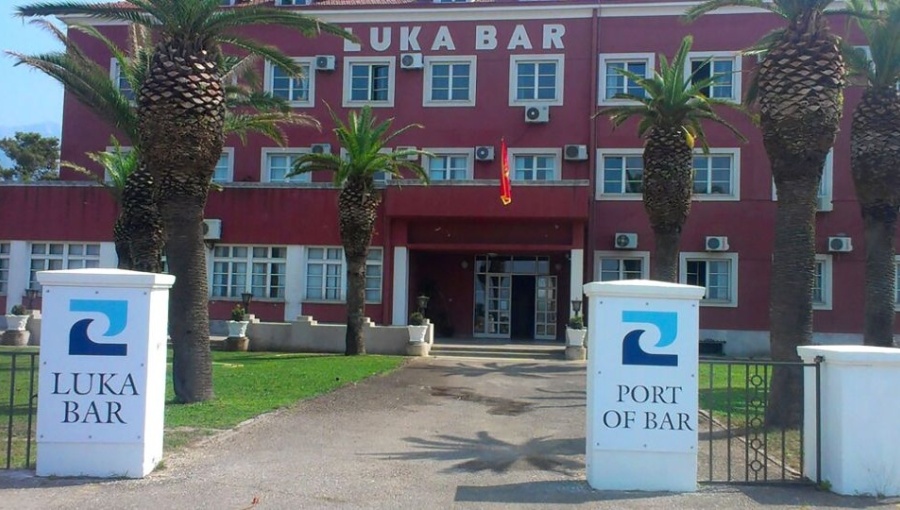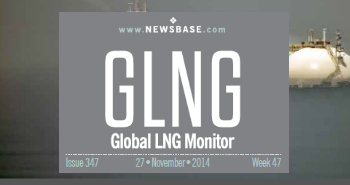Montenegrin NGOs urge European Commission not to build LNG terminal at Port of Bar

27 NGOs have sent a joint letter to European Commission President Ursula von der Leyen, calling on her not to back the construction of a liquified natural gas (LNG) terminal at Montenegro’s port of Bar.
According to the NGOs, if the LNG terminal is built, it would create a carbon lock-in for Montenegro, that the country would not be able to resolve before the 2050s. They accuse the European Commission of actively encouraging higher gas consumption across the Western Balkans countries.
The construction of the LNG terminal would also require the construction of a network of new pipelines. The NGOs say in the letter that it would be unrealistic for Montenegro, based on its size, limited institutional capacity and empty state coffers, to make another transition from gas towards renewables by 2050.
“[T]he European Commission has in recent years actively encouraged increasing fossil gas consumption across the Western Balkans,” the NGOs said.
Earlier in October, EU Enlargement Commissioner Oliver Varhelyi said that the European Union was ready to build a LNG terminal in Montenegro in partnership with local authorities.
Varhelyi has said that building the terminal in the town of Bar would be of significant important for Montenegro and the region. If completed, the LNG terminal would turn Montenegro into a hub for other states.
“We hope Commissioner Várhelyi’s statement does not represent the European Commission’s stance on the Montenegro LNG project – he has already recently been caught speaking without first consulting his colleagues. But the fact remains that the Commission’s support for increasing fossil gas use in the Western Balkans is irresponsible and counterproductive. Our low gas dependency is a plus, not a minus, in a future based on electrification of heating and transport,” Natasa Kovacevic of CEE Bankwatch said.
Diana Milev-Cavor of Eco-Team added it made no sense to increase Montenegro’s energy import dependence, irrespective of the source of the gas.
“Just as the EU is finally realising that its own energy system cannot be based on fossil gas imports, the Commission must urgently help to stop the Western Balkans repeating this expensive mistake. New infrastructure will end up either as stranded assets or as a fossil gas lock-in that will hinder renewables development in the region,” she added.
In May, Montenegro’s government signed a memorandum of understanding with two US companies, Enerflex Energy Systems and Wethington Energy Innovation, on the construction of a LNG terminal in or near the Port of Bar, and a gas-fired power plant.
The LNG terminal would have an unloading dock for LNG imports, LNG storage, and a regasification unit connected with a short pipeline to the planned thermal power plant.
Enerflex anticipates that the terminal would be able to receive 25,000 barrels of LNG per hour and that the storage facility would have an approximate capacity of 250,000 barrels. The cost of construction is estimated at between €130mn and €250mn.
Close to the LNG terminal, the Montenegrin government and the two US companies plan to build a gas-fired combined cycle power plant with a capacity of between 240 MW and 440 MW. Construction would cost from €200mn to €500mn depending on the capacity.
The government will provide land for the terminal and the power plant, which should be completed by the end of 2025.


Follow us online